After a cold or flu, dengue fever, measles... many people complain that they feel tired, lethargic, and have a loss of appetite even though the doctor confirms that the illness has recovered.
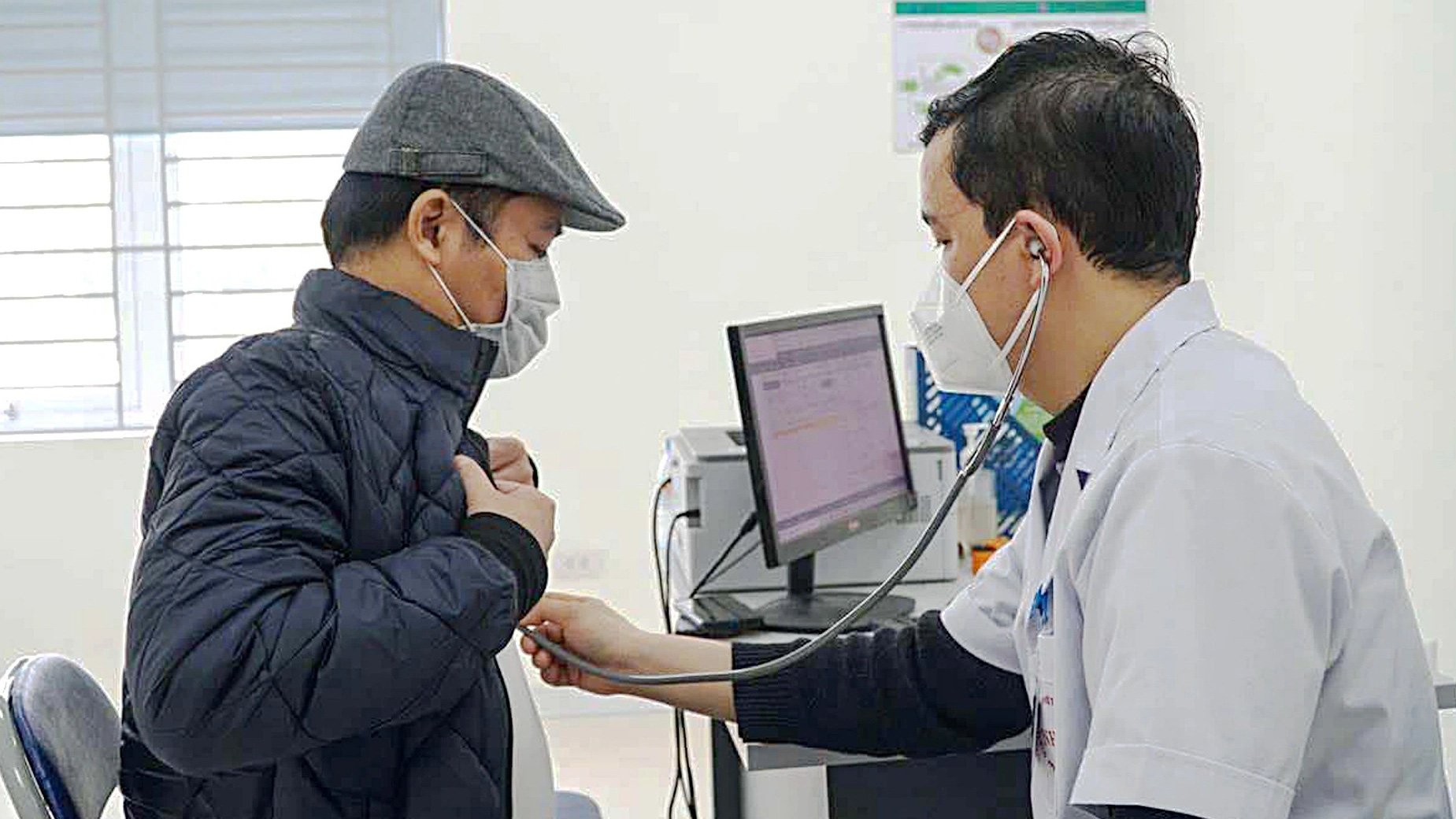
Patients visit the Central Hospital for Tropical Diseases for post-virus check-up - Photo: NGUYEN HIEN
What is post-viral syndrome?
In medicine, the term "post-viral syndrome" refers to a state of fatigue, feeling exhausted, and weakness that lasts after a patient has recovered from a viral infection, typically after the flu. Because fatigue is the main symptom, the syndrome is also called post-viral fatigue syndrome.
Contrary to popular belief, this syndrome is quite common, characterized by varying degrees of physical, cognitive, and emotional impairment, varying in duration and severity during the post-recovery phase of an acute viral infection.
In addition to fatigue, pain also causes a lot of discomfort, affecting the patient's life with persistent pain, musculoskeletal pain, and nerve pain. In addition, it also causes decreased neurocognition, even sleep disorders.
Symptoms vary from person to person, but most people experience a general feeling of being unwell. This feeling does not improve even after sleeping for hours or taking good care of themselves. Patients also often describe signs such as: not being alert, difficulty concentrating, headaches, muscle aches, stiff joints, sore throat, swollen glands...
This condition can last for weeks, months, or even years. The cause of the syndrome is the body's response to the virus itself.
Ways to help improve health
Vitamin supplements, healthy diet and lifestyle. Get enough sleep 7-9 hours every night; rest a lot and save energy; drink plenty of water; exercise gently; eat a balanced, healthy diet, with lots of fresh fruits and vegetables, anti-inflammatory foods...
Source: https://tuoitre.vn/hoi-chung-hau-vi-rut-20241215231122222.htm



![[Photo] Military doctors in the epicenter of Myanmar](https://vstatic.vietnam.vn/vietnam/resource/IMAGE/2025/4/6/fccc76d89b12455c86e813ae7564a0af)


![[Photo] Prime Minister Pham Minh Chinh chairs the regular Government meeting in March](https://vstatic.vietnam.vn/vietnam/resource/IMAGE/2025/4/6/8393ea0517b54f6791237802fe46343b)
![[Photo] Solemn Hung King's Death Anniversary in France](https://vstatic.vietnam.vn/vietnam/resource/IMAGE/2025/4/6/786a6458bc274de5abe24c2ea3587979)




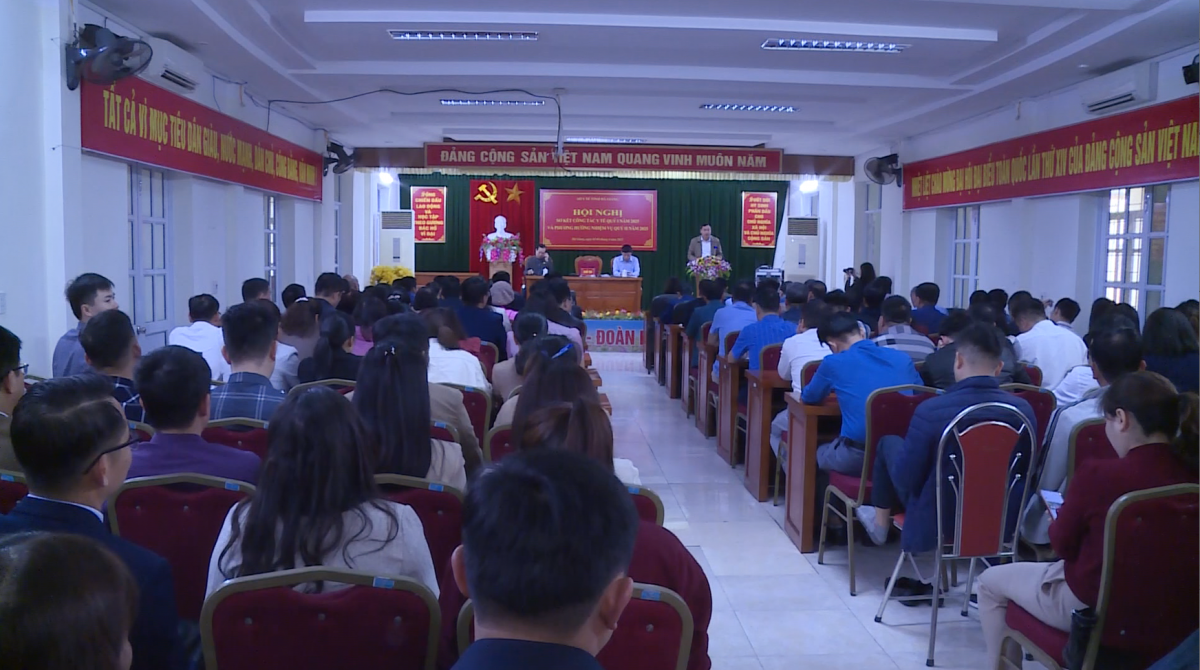
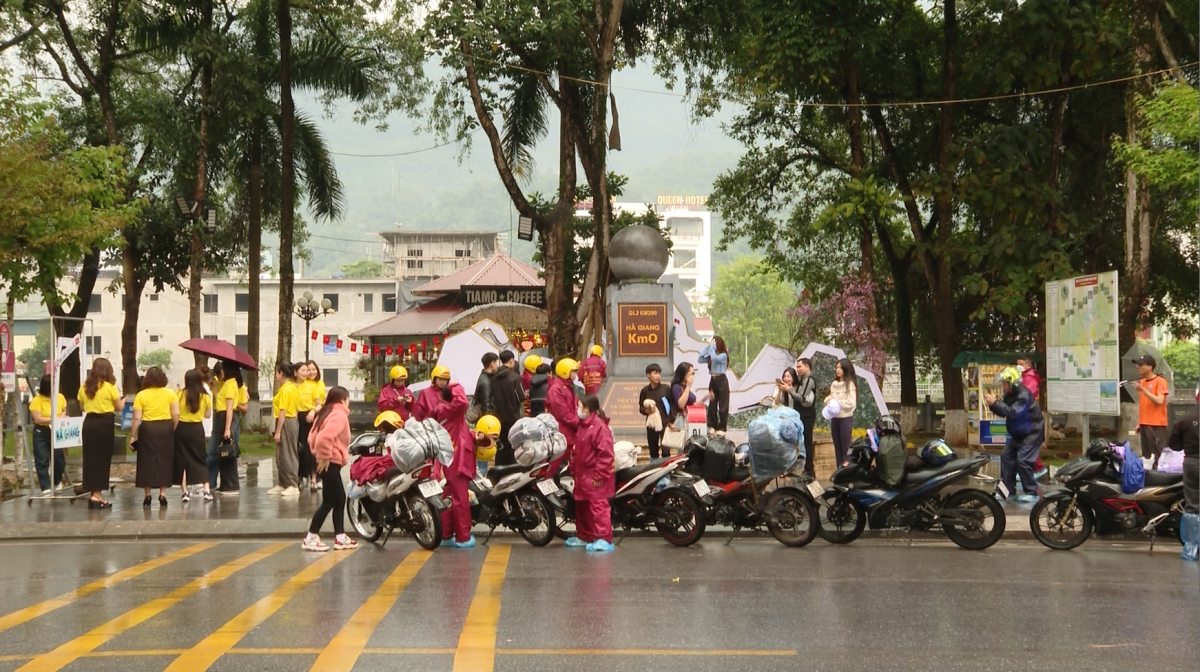



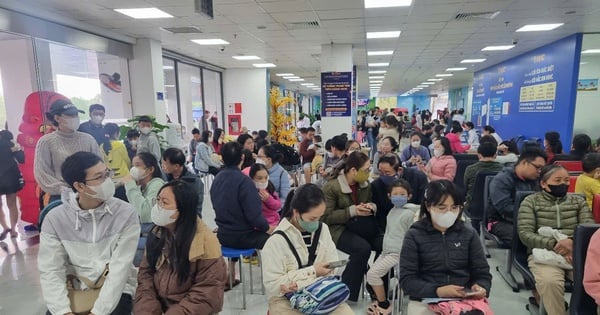
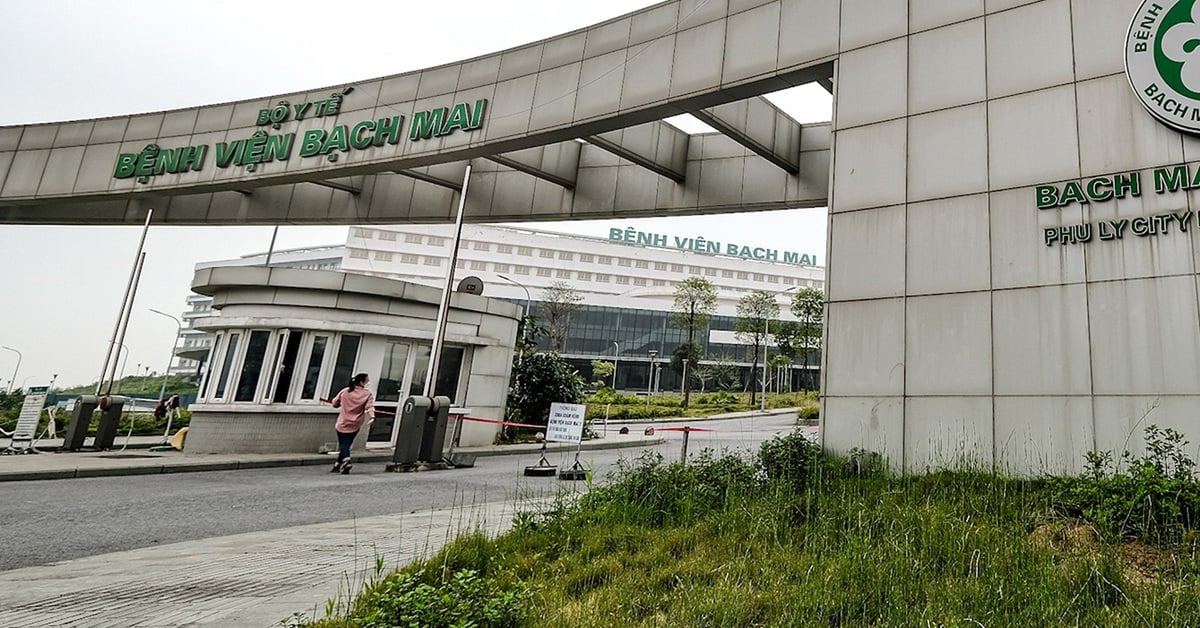
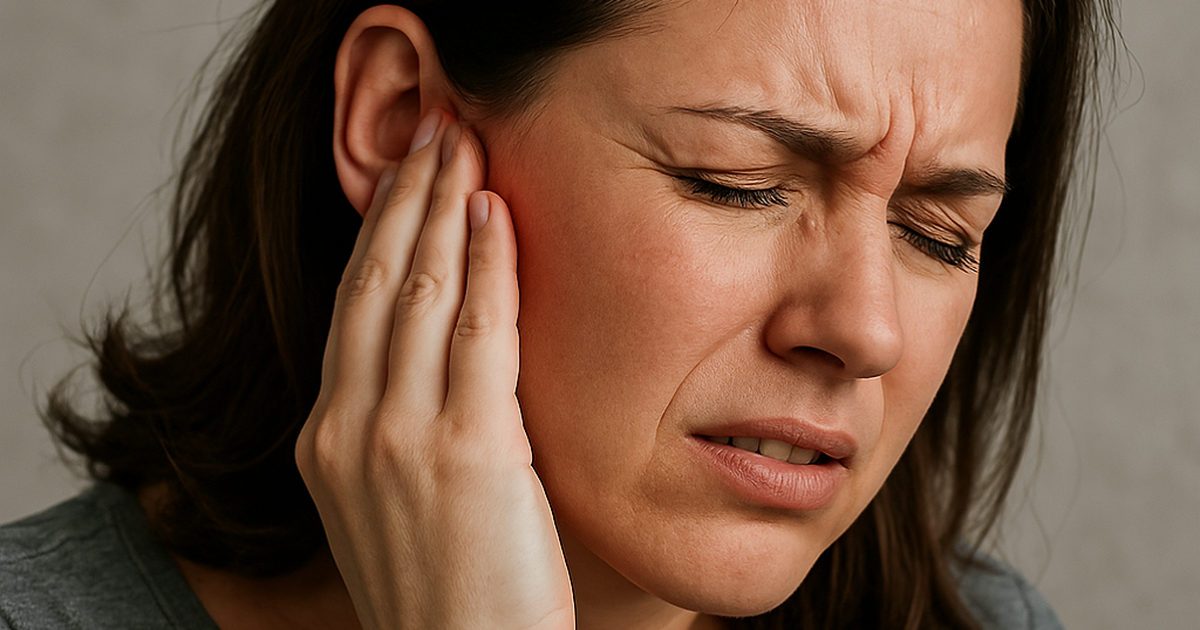

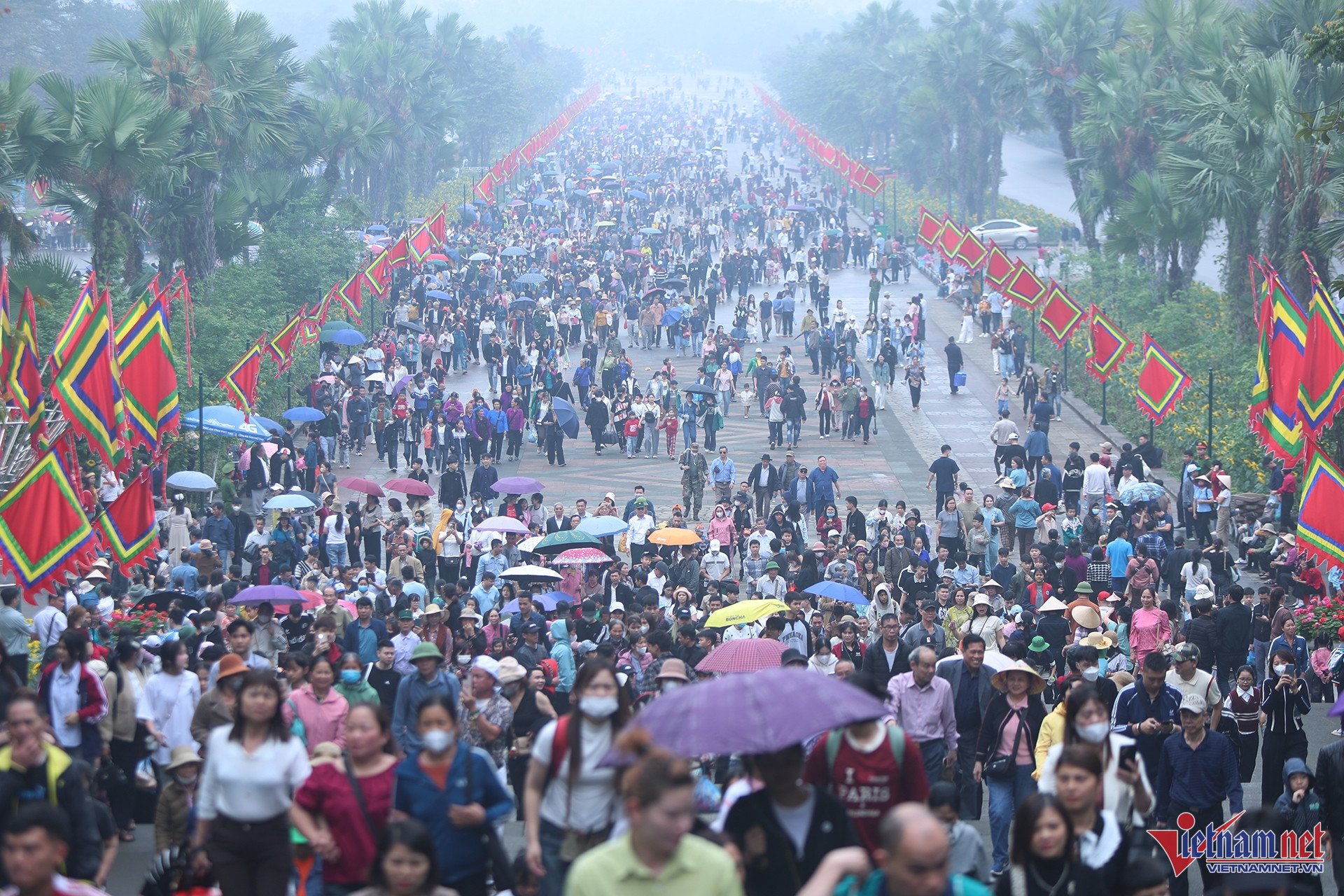




















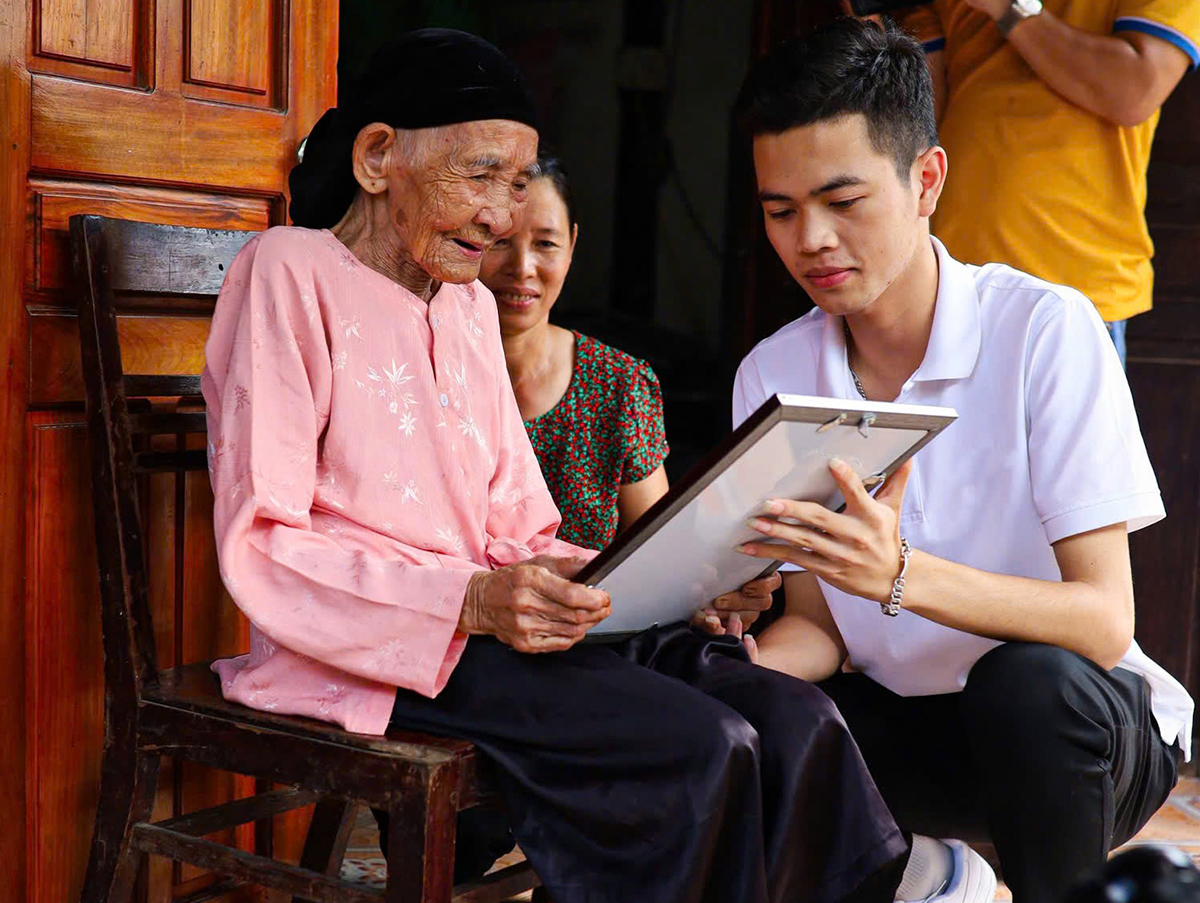






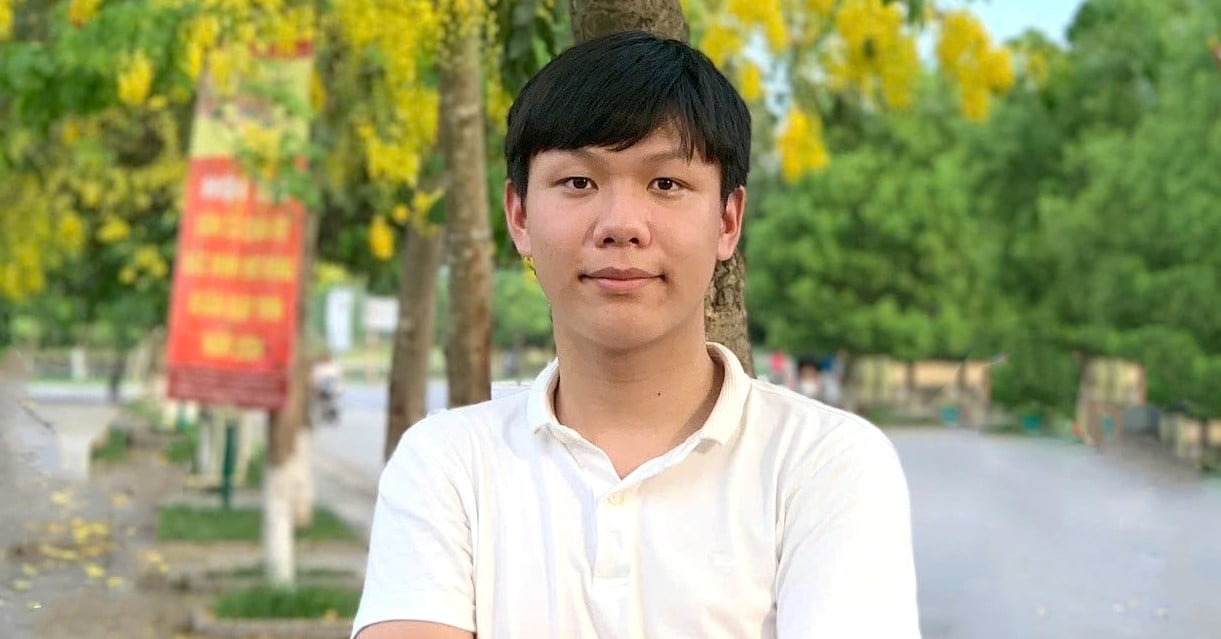




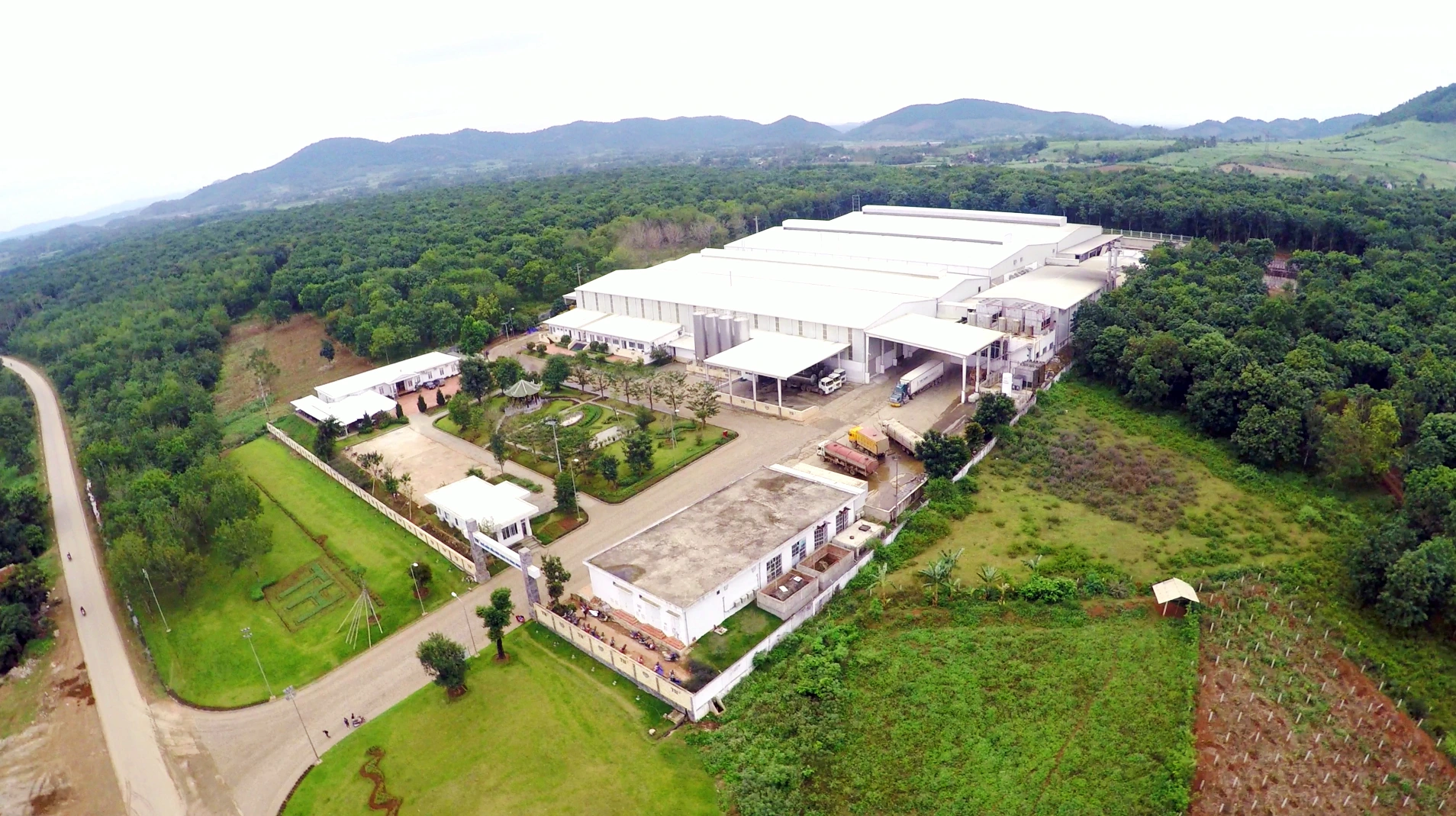























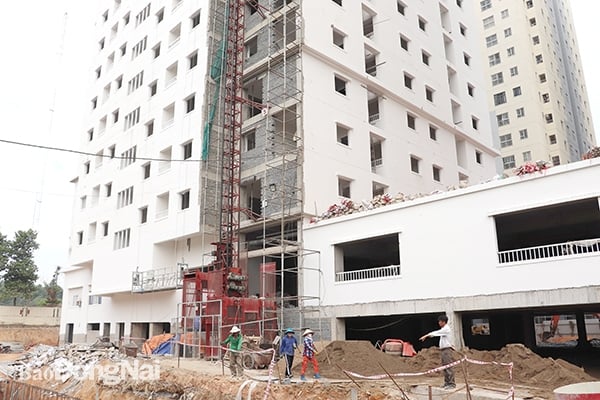











Comment (0)